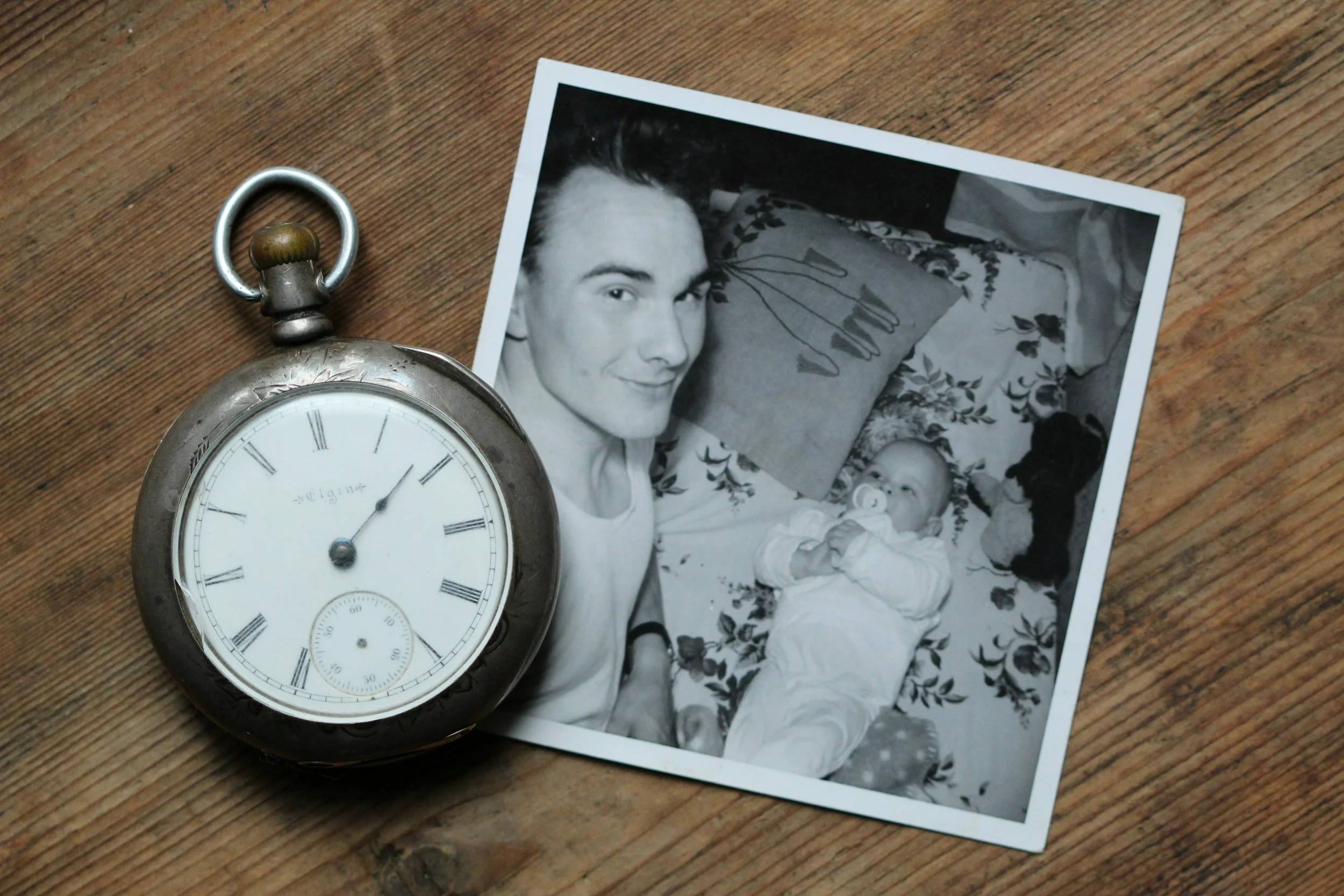The Power of Conflict in Relationships: Breaking Trust Down or Building It Up
Is Conflict Hurting or Helping Your Relationship?
Many couples see conflict as a sign of trouble, but the truth is, disagreements aren’t the problem—it’s how we handle them that matters. When approached with blame, defensiveness, or criticism, conflict can break trust and create distance. But when couples engage in respectful communication, active listening, and problem-solving, conflict becomes an opportunity to strengthen their bond.
In our latest blog post, we explore how conflict can either build trust or break it down and share practical strategies for turning disagreements into deeper connection. Read more to learn how to navigate conflict in a way that brings you closer, not farther apart.
The Power of Limit-Setting in Child-Centered Play Therapy
Setting limits with children doesn’t have to be a battle—it can be an opportunity for growth. In Child-Centered Play Therapy (CCPT), limit-setting isn’t about punishment but about helping kids learn self-regulation, emotional expression, and decision-making in a safe and supportive space. Using a compassionate three-step approach, therapists guide children to understand boundaries, tolerate frustration, and make better choices—skills that benefit them for life.
Want to know how this method works and how you can apply it at home? Read our full post to discover the power of limit-setting in play therapy and how it helps children thrive!
The Relationship Trap: How Scorekeeping Hurts Your Connection (and What to Do Instead)
Do you and your partner keep an unwritten scoreboard—mentally tracking who does more and who puts in the most effort? If so, you’re not alone. Scorekeeping is one of the most common relationship pitfalls, and while it may seem like a way to ensure fairness, it often leads to resentment, emotional distance, and an “us vs. them” mentality.
The truth is, relationships aren’t about winning or keeping things perfectly even—they’re about support, appreciation, and teamwork. Instead of focusing on who’s doing more, what if you focused on how you can support each other better? In our latest blog post, we explore why scorekeeping is so damaging and how shifting your mindset can lead to greater connection, gratitude, and balance in your relationship.
Read more to learn how to stop keeping score and start building a stronger, more fulfilling partnership.
What to Expect during Couples Therapy: A Journey to Connection and Healing
Many couples enter therapy thinking their struggles are caused by one person’s actions, but the truth is, most relationship challenges are “us” problems, not just “I” problems. Couples therapy provides a safe, judgment-free space where both partners can explore how they interact, communicate, and respond to each other. Instead of blaming, therapy helps couples work as a team to strengthen their connection, heal past wounds, and create a more fulfilling relationship.
If you’re considering couples therapy, expect an emotional yet deeply rewarding journey where you’ll learn tools for healthy communication, trust-building, and lasting intimacy. It doesn’t have to be painful—it can be the first step toward a stronger, happier relationship. Read our full post to discover what to expect in therapy and how it can transform your relationship!
Why Do We Stay? Understanding Rusbult’s Investment Model in Relationships
Ever found yourself asking, "Why am I still in this relationship?" Love might seem like the obvious answer, but commitment is about more than just feelings. Dr. Caryl Rusbult’s Investment Model reveals that three key factors influence why we stay: satisfaction, alternatives, and investment.
We stay when we’re happy and fulfilled—but sometimes, we stay because the thought of leaving feels overwhelming. If we’ve invested years of time, emotional energy, and shared finances, walking away can seem impossible, even when satisfaction is low. But here’s the good news—if your investments are high, it may be time to focus on improving satisfaction rather than feeling stuck.
What to Expect from Child-Centered Play Therapy: A Guide for Parents
When children struggle with big emotions, behavioral challenges, or life transitions, they often express their feelings through play rather than words. Child-Centered Play Therapy provides a safe space for kids to work through their emotions, develop problem-solving skills, and build emotional resilience—all at their own pace.
In this post, we’ll explore what happens in play therapy, why temporary regression is normal, and how children learn to manage frustration, boundaries, and delayed gratification. If you’re wondering what to expect from a 15–20 session journey and how parent check-ins work, read on to learn how play therapy can help your child grow and thrive!
How Social Media Affects Committed Relationships & What You Can Do About It
In today’s digital world, social media keeps us connected—but it might also be driving a wedge between romantic partners. Research shows that excessive social media use can lead to jealousy, emotional infidelity, and lower relationship commitment, especially among younger individuals. Scrolling, liking, and engaging with online connections can take time and emotional energy away from real-life relationships, sometimes creating trust issues and unrealistic expectations.
So how can couples maintain a healthy balance between their online and offline worlds? Read our full post to discover expert tips for protecting your love life in the digital era!
How Childhood Attachment Styles Shape Our Romantic Relationships
Have you ever wondered why you crave closeness in relationships while your partner pulls away? Or why you struggle with trust, even when your partner is reliable? The answer may lie in your attachment style—a pattern of relating to others that is formed in childhood and follows us into adulthood.
Social Synchronization of Brain Activity During Eye Contact
Did you know that eye contact can actually synchronize brain activity between two people? Research shows that maintaining eye contact strengthens emotional connections, improves communication, and even helps rebuild trust in relationships. In this post, we explore why therapists ask couples to face each other, the science behind eye contact, and how this simple yet powerful act can transform your relationships—both in and out of therapy!
The Power of the Do-Over: Finding Grace in Couple Conflict
In conflict, do you ever find your emotions getting ahead of you? Conflict is an inevitable—and necessary—part of every relationship. No matter how compatible two people are, misunderstandings, differing perspectives, and emotional triggers will arise. What sets thriving couples apart isn’t the absence of conflict—it’s how they handle it. Learn more about managing these common mistakes.











